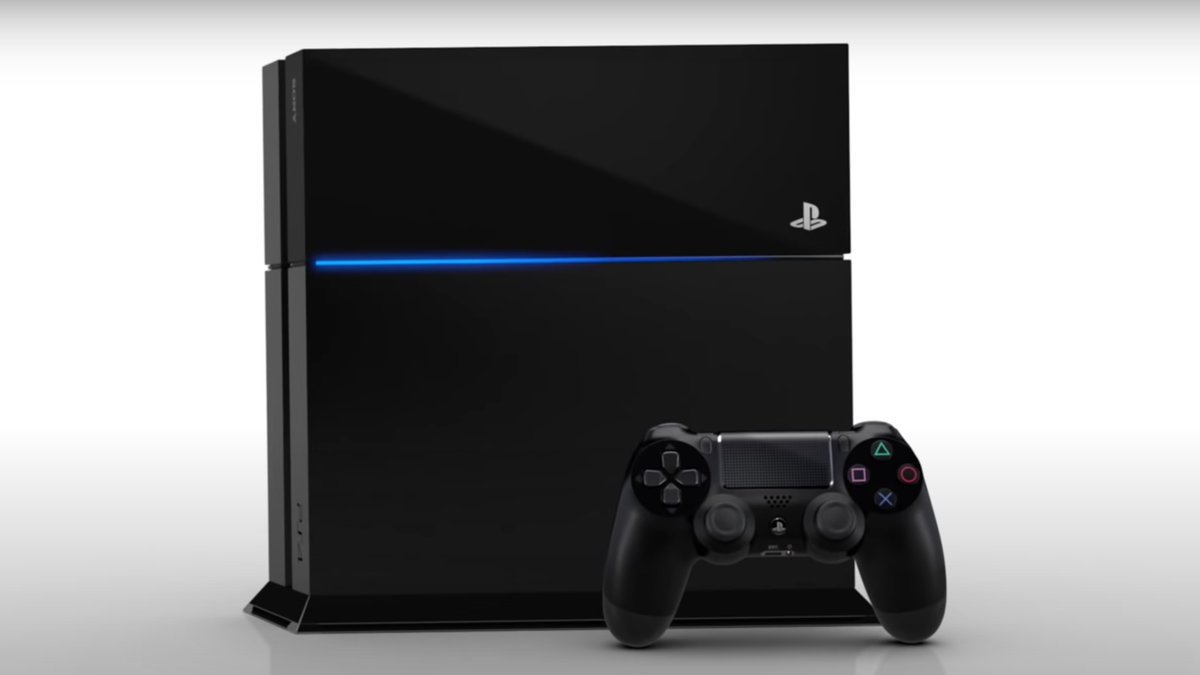Activision Blizzard boasted of “record results” for Q2 2020 in an earnings report released earlier today, with an eye on long-term growth thanks to the boost received in the previous quarter from the ongoing covid-19 pandemic. This financial victory lap, however, comes just days after workers collaborated on a spreadsheet designed to highlight pay inequity within the massive video game publisher.
Princess Peach’s Leading Role And More New Releases
Share SubtitlesOffEnglishShare this VideoFacebookTwitterEmailRedditLinkview videoPrincess Peach’s Leading Role And More New Releases This Week
According to a recent report by Bloomberg News, an employee at Activision subsidiary Blizzard Entertainment created the spreadsheet on Friday in response to the results of an internal study on pay disparity. Dozens of fellow workers would eventually contribute salaries and pay increases to the document, which largely indicated that raises fell well below expectations set by the study.
While producers and engineers at Blizzard can reach six-figure salaries, Bloomberg’s report continues, employees in quality assurance and customer service often barely surpass minimum wage. Internal messages from 2018 indicate that some workers were struggling to stay afloat at their current pay level, sharing cost-cutting tips like skipping meals and using the company’s free coffee to suppress hunger. A longtime employee told Bloomberg that they are now making less than they did nearly 10 years ago due to paltry raises and changes in overtime hours.
One might see this story and think, wow, Activision Blizzard must not be doing so hot. But reality is the opposite. The company’s most recent earnings report, titled “Activision Blizzard Announces Record Second-Quarter 2020 Financial Results,” is a glowing look at a company coming off of its highest-revenue second quarter ever. Activision’s net revenue is up half a billion dollars—that’s $500,000,000 for the visual learners out there—compared to this time last year, with $768 million in operating cash flow.
This isn’t the first time that positive financial performances at Activision Blizzard haven’t trickled down to its regular workers. In 2018, the company laid off 8% of its staff, or roughly 800 people, announcing the firings during the same earnings call in which executives congratulated themselves on a record-breaking earnings year. Kotaku spoke to several employees at the time, many of whom expressed rage at Activision Blizzard leadership, specifically CEO Bobby Kotick, for what they saw as callous treatment of the departing employees.
Kotick is like many CEOs in that he rakes in exorbitant wealth while contributing little to Activision Blizzard’s value compared to actual workers. According to a filing with the U.S. Security and Exchanges Commission, Kotick made $33,065,560 in 2016, over 300 times the average employee. A pro-labor group representing Activision Blizzard shareholders recently came right out and said that Kotick makes way too much money thanks, in part, to “multiple, overlapping award provisions” that amounted to $96.5 million in bonuses over the last four years, more than the total pay of any other CEO in the gaming industry.
“While equity grants that exceed the total pay of peer companies would be objectionable in most circumstances, it is of special concern in this case because Activision Blizzard employees face job insecurity following layoffs of 800 employees in 2019, and typically earn less than one-third of 1 percent of the CEO’s earnings, with some employees, such as Junior Developers, making less than $40,000 a year while living in high-cost areas such as southern California,” explained CtW Investment Group executive director Dieter Waizenegger.
Situations like the one currently playing out at Activision Blizzard have contributed to a growing call for unionization within the gaming industry. Workforces are often downsized with little regard for anything but the corporation’s bottom line, leaving employees who manage to survive the culling with demands to make bigger, better games without any additional pay or support. Developers bounce from project to project, every game release resulting in another pink slip. Crunch culture leads to unhealthy, and sometimes dangerous, working conditions. And while a union won’t put an end to all of these problems, it will give workers more power and solidarity while dealing with the relatively minuscule number of executives who currently control their lives.
Even if you ignore the material conditions of the people behind your favorite games, the current ecosystem of game development is still untenable from a pure consumer perspective. What happens when developers finally get tired of the treatment and pursue more lucrative opportunities elsewhere? What happens when junior creatives see what their predecessors endured and forgo entering game development altogether? The industry grows weaker with every worker who grows disillusioned with the idea of creating games for a living.

